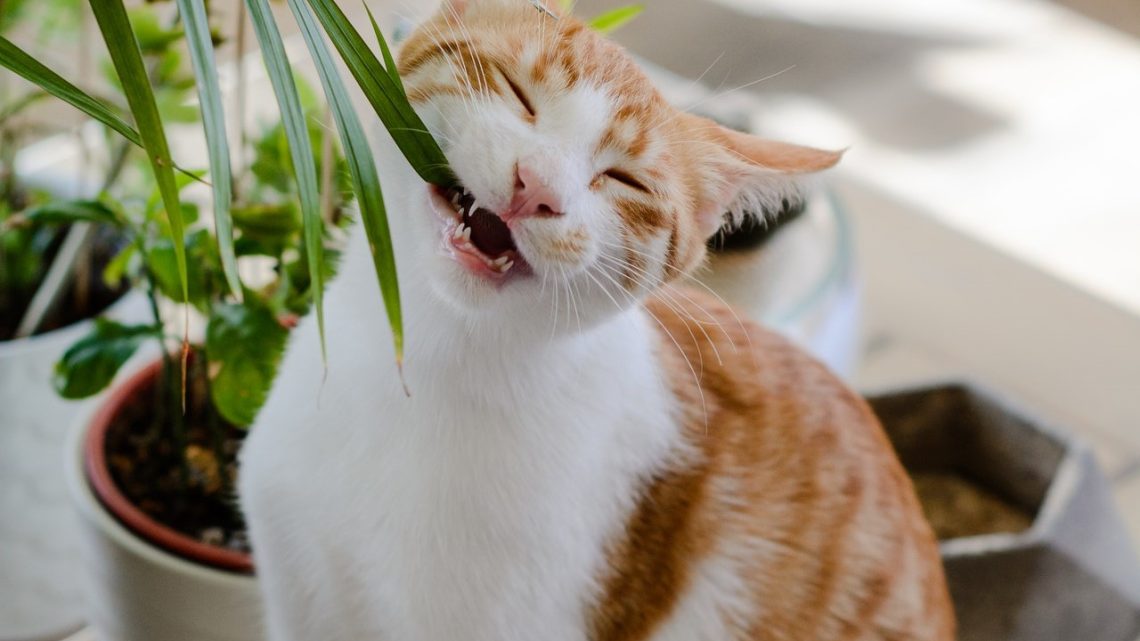Learning which plants are toxic to your feline friends can be helpful in the future when you want to buy that gorgeous plant for your home. Similarly to dogs, cats are curious by nature and like to explore foreign objects to them. Some cats may only get the seeds and pollen stuck in their fur and paws, which can still be ingested by grooming, while others will attempt to eat the plant. Nevertheless, all cat owners should learn the common poisonous plants to keep their animal safe and healthy.
Toxic Plants to Cats
Many plants that are found in or around the home can be toxic to cats. Below is a list of toxic plants that can be mildly, moderately, and severely toxic to your feline friend.
Mildly Toxic Plants
- Philodendron, Pothos, Dieffenbachia, Peace Lily, and Poinsettia – mouth and throat irritation, drooling and vomiting.
- Ficus, Snake, and Dracaena – vomiting and diarrhea, drooling, and staggering.
- Aloe Plants – vomiting, diarrhea, lack of appetite, and staggering.
Moderately Toxic Plants
- Ivy – vomiting, diarrhea, drooling, difficulty breathing, fever, and muscle weakness.
- Azalea and Rhododendrons – vomiting, diarrhea, hyper salivation, weakness, depression of the central nervous system, and possible death.
- Euphorbia (spurge) Plants – mild to moderate digestive upset and excessive salvation.
Severely Toxic Plants
- Lily Varieties (except peace lily and calla lily) – kidney failure and death.
- Sago Palm – acute gastrointestinal symptoms, tremors, and severe liver failure.
- Mistletoe – digestive irritation, low heart rate and temperature, staggering, excess thirst, difficulty breathing, seizures, coma, and death.
- Skunk Cabbage Plant – burning and swelling of the mouth, choking sensation, death.
- Oleander – digestive problems, vomiting and diarrhea, irregular heartbeat, death.
How to Protect Your Cat
There are hundreds of different plants and flowers that are toxic to cats. Likewise, if you notice your pet eating a plant and are unsure if the plant is toxic, here are some steps you can take before heading to your local veterinary clinic:
- Remove any plant materials from your feline. This may be pollen, seeds, or pieces of the plant itself.
- Identify the plant they have ingested to let your veterinary clinic know. If your pet is already experiencing symptoms call the emergency number associated with your vet or call the ASPCA Animal Poison Control Center Phone Number.
- Lastly, bring a sample of the plant or take an image of the plant to show your vet. Additionally, if you are unsure of the plant they have ingested, bring a sample of your cat’s vomit containing the plant material.
If you believe your animal is ill and may have ingested a harmful substance, do not hesitate to contact your local veterinary facilities or the ASPCA hotline as these toxic chemicals may be life-threatening.



No Comment